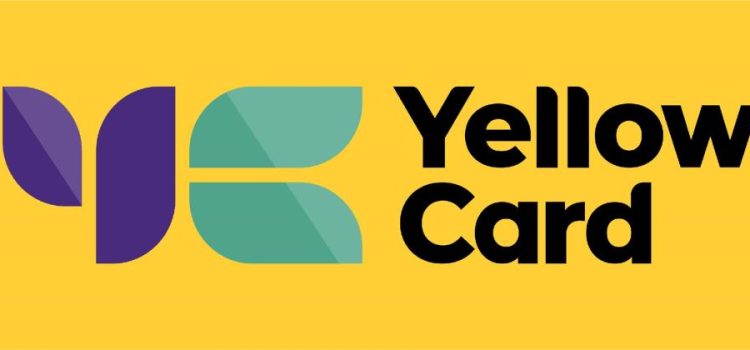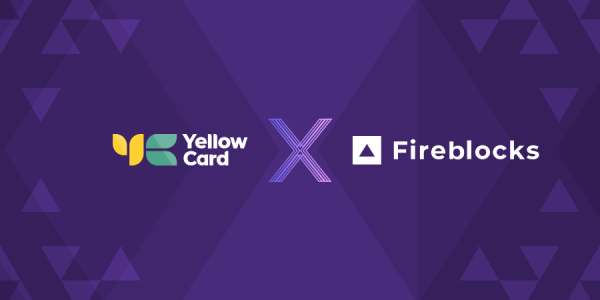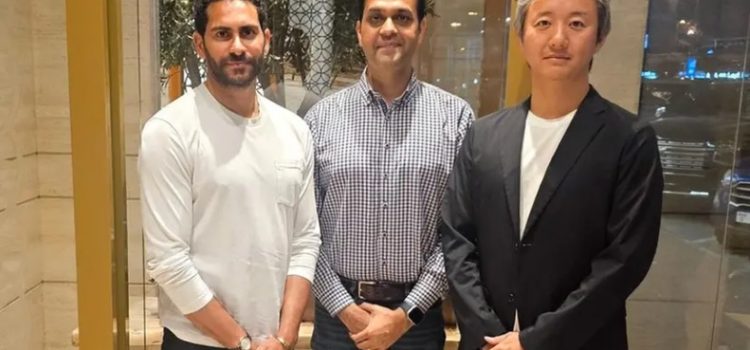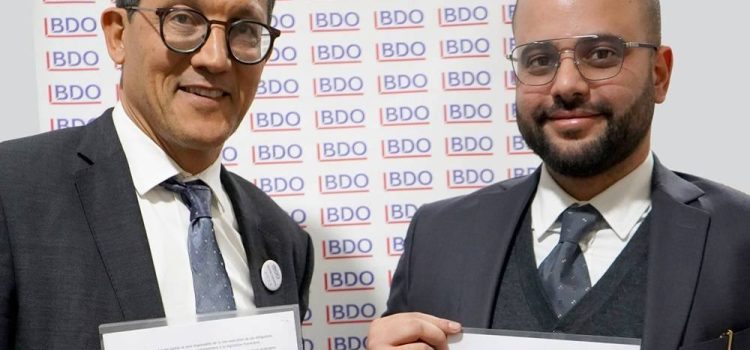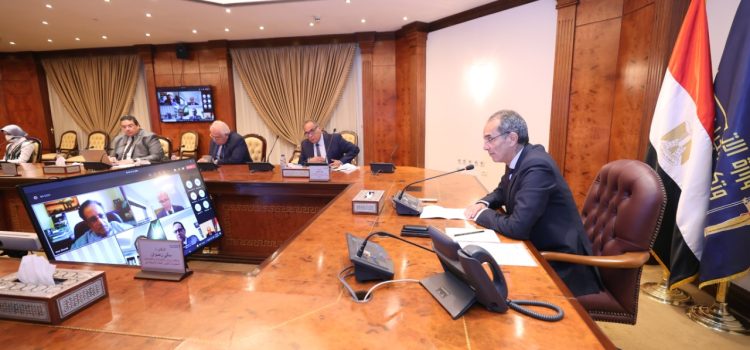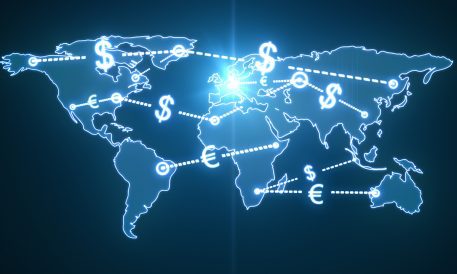
Yellow Card (https://YellowCard.io), the first licensed Stablecoin on/off ramp on the African continent, has closed its Series C financing. The US $33 million equity financing was led by Blockchain Capital, with participation from Polychain Capital, Third Prime Ventures, Castle Island Ventures, Block, Inc., Galaxy Ventures, Blockchain Coinvestors, Hutt Capital, and Winklevoss Capital.
“This fundraise not only demonstrates our resilience, but also highlights the vital role of digital assets for businesses across Africa,” said Chris Maurice, CEO and co-founder of Yellow Card. “We are excited about the opportunities, partnerships, and journey ahead; and I’m proud to work with an incredible cohort of investors that share our vision for the industry and the continent.”
Since its launch in Nigeria in 2019, Yellow Card has established itself as a pioneering force in the industry, with operations spanning 20 African countries and over US$3 billion in transactions facilitated across the continent.
This newly secured capital will be applied to fund growth and expansion, particularly through enhancing Yellow Card’s API and widget products — the gateways for international businesses including Coinbase and Block to tap into African markets and for Pan-African companies to easily make international payments and manage their treasury via stablecoins.
Additionally, Yellow Card is developing innovative new products for the continent, strengthening its team and systems, and continuing to lead engagement with regulators across the continent.
This financing reflects the level of confidence expressed in the business by both new and existing investors.
“The future of payments lies in fast, affordable rails for everyone, powered by open networks,” said Aleks Larsen, General Partner at Blockchain Capital, the lead investor in Yellow Card’s Series C financing. “We couldn’t be more excited to back Yellow Card as they bring Africa on-chain with stablecoins.”
Yellow Card remains steadfast in its commitment to empowering the continent by making it easy for businesses of all sizes to make international payments, manage their treasury, and access hard currency liquidity via stablecoins.








